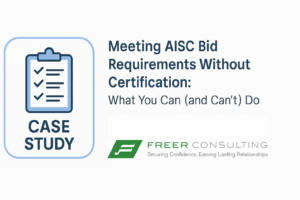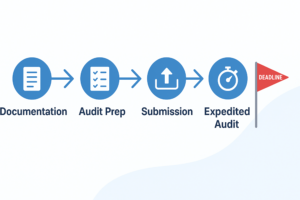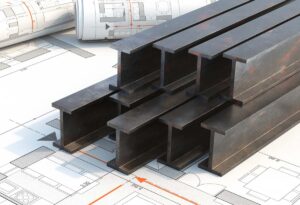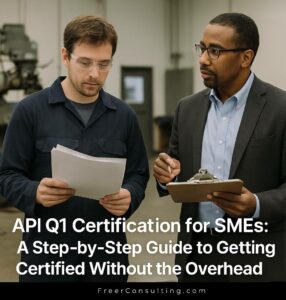Many businesses find themselves asking, “Do we need ISO 9001, API Spec Q1, or both?” The answer depends on your industry and the level of quality assurance your operations demand. While ISO 9001 provides a universally recognized framework for quality management across industries, API Spec Q1 takes things a step further, catering specifically to the stringent requirements of the oil and natural gas sector. Understanding these distinctions is key to aligning your quality management system with both customer expectations and industry regulations. In this blog, we’ll break down the differences and help you determine which certification – or combination – is right for your business.
What’s the basic difference between API Spec Q1 and ISO 9001?
While ISO 9001 provides a solid foundation for quality management systems across any industry, API Spec Q1 is specifically designed for oil and natural gas manufacturers. Think of ISO 9001 as your basic driver’s license, while API Spec Q1 is like getting your commercial driver’s license – it builds on the basics but adds crucial industry-specific requirements.
If we already have ISO 9001, why do we need API Spec Q1?
The oil and gas industry demands higher standards due to the critical nature of the equipment. API Spec Q1 includes fundamental ISO requirements but adds more rigorous controls. For example, your design validation process under ISO might be relatively straightforward, but API Spec Q1 requires a competent person different from the designer to validate the work. It’s these extra layers of verification that make the difference in critical applications.
How much more documentation is required for API Spec Q1?
You’ll notice a significant increase in documentation requirements. While ISO 9001 gives you flexibility in how you document processes, API Spec Q1 is more prescriptive. Your calibration records, design inputs, and validation processes all need more detailed documentation. We typically see companies needing to expand their quality manual and procedures by about 30-40% when transitioning from ISO to API Spec Q1.
How often do the standards change?
This is a key difference – API Spec Q1 typically sees updates at least annually, particularly in technical specifications. ISO 9001, on the other hand, has major revisions every 5-7 years. This means maintaining API Spec Q1 certification requires more active management and regular system updates.
What are the main technical differences?
API Spec Q1 goes deeper in several areas:
- Calibration devices require more stringent control and documentation
- Design inputs need to be more extensively documented and controlled
- Risk assessment and contingency planning requirements are more detailed
- Personnel competency requirements are more specific, especially for critical roles
- Product quality planning needs more detailed documentation and validation
Is the audit process different?
Yes, API audits tend to be more technically focused and detailed. While ISO auditors look at your system’s overall effectiveness, API auditors will dive deep into technical specifications and industry-specific requirements. They’ll spend more time reviewing your design controls, validation processes, and technical documentation.
How long does it typically take to transition from ISO to API Spec Q1?
Based on our experience, companies should plan for a 6-12 month transition period. The exact timeline depends on your current quality management system’s maturity and your team’s resources. Remember, it’s not just about adding more procedures – it’s about implementing them effectively and creating a sustainable system.
Need more specific guidance on transitioning from ISO 9001 to API Spec Q1? We’re here to help ensure your certification process goes smoothly and creates lasting value for your organization. Contact us for a free consultation.







